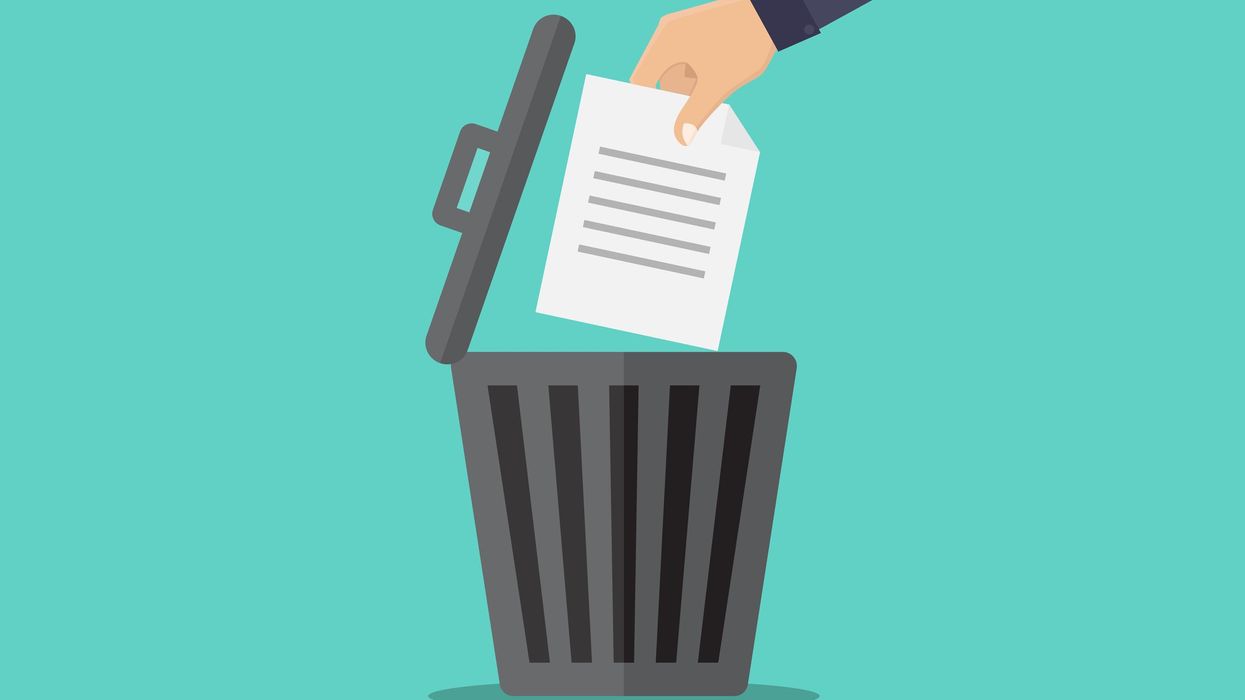
agungsptr/Getty Images

Who wants the government to have more data on you, information that could be weaponized?
“There are three kinds of lies,” Mark Twain famously observed. “Lies, damned lies, and statistics.”
You already know that the government's published statistics are not trustworthy. Federal agencies have shifted methodologies over the years, making it hard to compare data sets.
In economic modeling, there is a concept called “GIGO” — garbage in, garbage out. And what we have been seeing does seem like a lot of garbage.
Then, the number-crunchers perform adjustments, do other kinds of syntheses, and make revisions to that data. A good case could be made that government data has been politicized, too, and some methodologies are out of date vis-à-vis the makeup of today’s economy.
But on top of all that, there’s another reason not to believe the data: Nobody wants to participate in government data collection.
A recent Bloomberg story as well as a few different charts making the rounds show that response rates to government data collection surveys have taken a nosedive. This trend has accelerated in the post-COVID-mandate era.
So when you have survey data that is questionable to begin with, and then you have a larger and larger percentage of non-responders, that further dilutes the usefulness and veracity of the data.
Why has there been an increase in the number of people who don’t want to participate in government surveys? Well, the first answer is fairly obvious: People don’t trust the government or anyone that happens to be related to the government.
Who wants the government to have more data on you, information that could be weaponized? So if survey participation is not required (as it is for some government surveys and data collection efforts), why would you spend the time to respond?
People and businesses are also more focused on privacy in general, making them more difficult to reach.
Erica Groshen, a former commissioner of the U.S. Bureau of Labor Statistics, suggested to Bloomberg News that some businesses might not want to give up data and information they regard as proprietary, as it could affect their competitive advantage.
It also suggests that when you see sharp shifts in data over a short period, part of the reason could be attributed to declining response rates. In financial and economic modeling, there is a concept called “GIGO” — garbage in, garbage out. And what we have been seeing does seem like a lot of garbage.
Data collection has become so difficult for the government that sometimes agencies offer financial “incentives” to persuade entities to participate in data collection. That effort could skew the data with specific biases as well.
Federal Reserve Chairman Jerome Powell has said time and again that the Fed remains data-dependent when making its policy decisions. Given the lack of quality data, however, it’s hard to believe the Fed governors are making choices armed with the very best information. If anything, they are likely to become hostage to America’s dire fiscal position over time.
Data can be useful, but it must be useful data from the get-go. Do your own research, use your eyes, head, and gut, and take official data with a grain of salt.